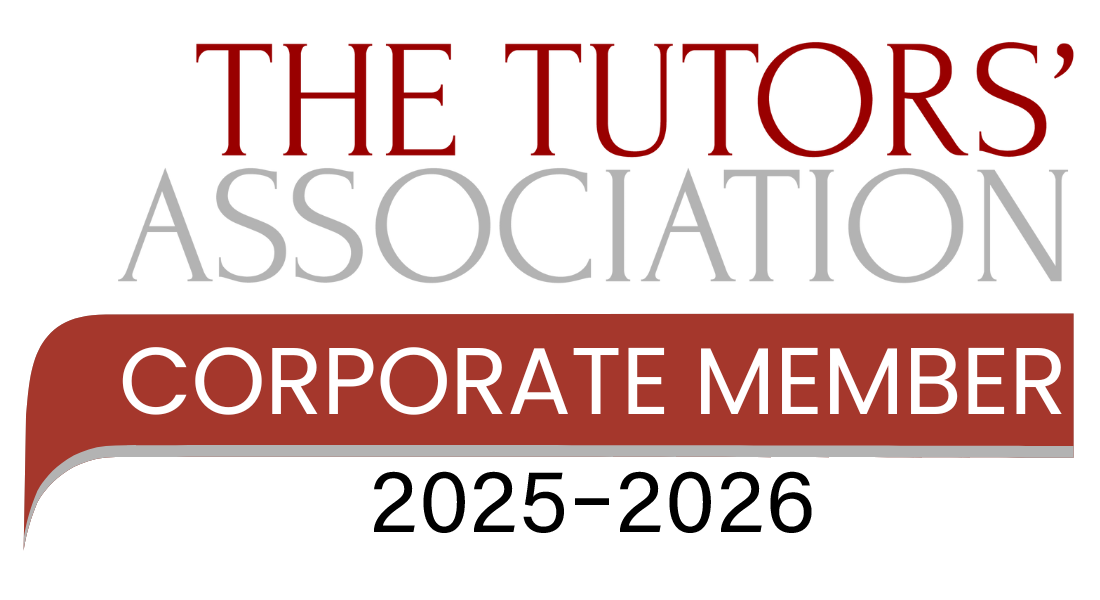The Ultimate Guide to Westminster 7+ Assessment Preparation.
/Welcome to this Ultimate Guide which has been lovingly created for you. If you are reading this, you might be considering sitting your son for his 7+ Assessment at Westminster Under School. Perhaps you have other schools in mind. This Guide will still be very helpful to you.
My hope is that this guide will provide you with an in depth and thorough understanding of the 7+ Assessment process at this very popular school.
Here are some key points for you:
Entry point - 7+ (Year 3 entry)
School current age range (will be changing from 2026)
7-13 (boys only currently)
Apply by: September 30th 2025 (you can apply up to 2 years before if you like!)
Round 1 and Round 2 Assessments will both be in November 2025 (mid November)
We provide FREE 7+ Assessment papers on our Website
Why Westminster at 7+?
Westminster Under School is one of the top prep schools in the UK. It prepares boys for entry to Westminster School at 13+ and other schools such as Eton and St Paul’s. An academically challenging school that also has an incredible extra curricular programme, the children will be exposed to so many options. Westminster offer clubs such as chess and fencing! Children who attend Westminster are said to be 'not only academically gifted but also curious, creative but also well-rounded.'
Why so competitive?
A strong chance for entry to Westminster at 13+
The challenge it provides for its students.
The rich co curricular programme of study it offers.
Small class sizes.
Individual attention for the students.
Entry to top universities in the future.
We have personally prepared hundreds of boys for their 7+ Assessments at Westminster Under over the last 16 years and have had exceptional results year after year. This is because we are very aware of the expectations and know exactly how to prepare our students to have tremendous success.
1. Register
2. Stage 1 Assessment
Online Reasoning Test
English paper - comprehension and SPAG
Maths
3. Stage 2 Assessment
Interview - group and 1:1
Activities- listening and following instructions tasks, team work and independence, reading out loud and answering questions.
Creative Writing task
Our Emerald Curriculum starts from £220 per month and will support your child every step of the way to have the highest chances for success. The Emerald Curriculum is a personalised, bespoke programme of study created only for your child and for the schools that they are preparing for. With the Emerald Curriculum you will have something that no one else is currently offering - 24/7 email support from your very own highly experienced teacher.
The CMT Emerald Curriculum is all you need to support your child with their 7+ Assessment to WUS.


